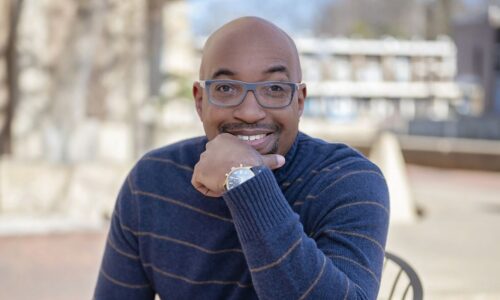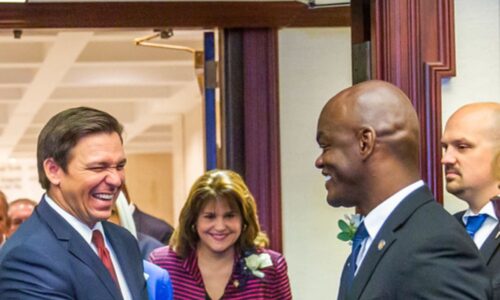[T]oday, America’s Millennials have the highest levels of education achievement among any previous generation. So why do these young adults statistically demonstrate the weakest skills in literacy, numeracy and problem-solving when compared to their international counterparts?
A new research paper by the Educational Testing Service (ETS) raises an interesting question.
Can we thrive as a nation when a large part of our society lacks the skills needed for higher-level employment and meaningful engagement in our democracy?
The report compares the U.S. to 21 different countries with a focus on young adults born after 1980, who ranged from the ages of 16 to 34 years of age during the time of the assessment.
 |
| Stats on Millenials weak performance compared to other countries. Looks like the U.S. needs to step it up. (Click to view larger size) |
The research measured skills in the areas of literacy, numeracy and problem solving in a technology-rich environment. In the report’s preface, Director of ETS’s Center for Global Assessment, Irwin Kirsch reveals that there is a disconnect between education and skills.
“While it is true that, on average, the more years of schooling one completes, the more skills one acquires,” Kirsch explained. “This report suggests that far too many are graduating high school and completing postsecondary educational programs without receiving adequate skills.”
Vanessa Johnson is a 6th-grade teacher at Henry Middle School in Dover, Delaware. According to Johnson, it all begins in the home.
“As an educator, the most noticeable issue my students have is the lack of comprehension in order to understand what is needed to problem-solve effectively,” explained the fourteen-year educator. “Without experience, hands-on examples and encouragement from home, these types of things become difficult when it is time to show what you know or have learned. A huge barrier is when the parents themselves do not have the literacy skills, and they are their children’s biggest influence and example.”
Delaware State University Mass Communications professor, Dr. Francine Edwards reasoned that preparing U.S. young adults for the current job market through just education can be a challenge.
 |
| Dr. Francine Edwards is a Mass Communications professor. She believes that universities around the country should adopt a global ideology for all classes, so students can be more competitive. |
“The career fields that draw international attention are not the fields that are capturing the attention of U.S. students,” Dr. Edwards said. “What many institutions are doing is creating an environment that stimulates interest in these areas and a number of universities have incorporated this international preparedness philosophy into their mission statements and long-term strategic plans. A good example is how universities are able to engage females students in the area of STEM. Another thing that we are doing at Delaware State University is really encouraging our students to travel abroad to be engaged in learning a different culture.”
Dr. Edwards thinks universities’ international focus needs to persist.
“This emphasis needs to continue so that U.S. students can compete on an international level,” Dr. Edwards said. “We need to find a way to incorporate a more global ideology in all of our classes. Whether you are a communications major, a business major or nursing major, you are thinking along the lines of being able to do your craft in a diverse, global economy.”
Venezuelan native, Eduardo Noriega recognizes the difference in U.S. and international educational preparedness first-hand. His first time on American soil was to attend college on a full baseball scholarship.
“I have noticed that international students are usually more competent in areas such as mathematics and geography than American students,” said Noriega. “Also, I have noticed that international students do not take education for granted, whereas American students seem to take it for granted and miss out on great opportunities.”
Noriega obtained an MBA and currently works in the field of postsecondary higher education as a college advisor, to both U.S. and international students on a daily basis.
Noriega sees the contrast in the students more than ever before.
“I feel as though these differences between international and American students are because of the difference in educational systems in certain countries. as well as more strict cultures where students are taught to excel,” Noriega stated. “Additionally, current socio-economic and political situations in certain countries overseas mandate international students to excel at any cost and to not take anything for granted, which results in great discipline, effective habits, and strong work ethics.”




